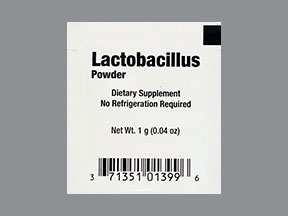
Lactobacillus Coupons & Savings Card – Discount Prices from $11.89
Generic for: Freeze dried acidophilus, Lactinex, Probiata
My prescription
Edit
1, Lactobacillus (12 Packets)
Select pharmacy

Albertsons
$11.89
COUPON PRICE
Walgreens
$16.77
COUPON PRICELactobacillus savings card
Show this card to your pharmacist
Albertsons
$11.89
BIN
ID
PCN
GRP
019876
LH7EEEECB3
CHIPPO
LHX
Powered by
Price history for Floranex (brand) & Lactobacillus (generic)
12 Packets, 1nan
Average retail price for Floranex
Average retail price for Lactobacillus
Average SaveHealth price for Lactobacillus
Our price history data is based on aggregated prescription data collected from participating pharmacies in America. Our prescription data updates daily to reflect the latest price changes. If you notice a missing data point, it means there wasn't sufficient data available to generate a monetary value for that date.
We analyzed Lactobacillus prices for (1nan, 12 Packets) over the last 12 months. The average retail price was $33.95, while the average price using the SaveHealth discount card was $18.16. That's a savings of approximately 46.51% when using our Lactobacillus coupon.
Compared to the generic version, Floranex had an average price of $10.74 over the same time period. With the SaveHealth savings card, Lactobacillus is -69.09% cheaper on average than Floranex.
*Retail prices are based on pharmacy claims data, and may not be accurate when we don't have enough claims.
Lactobacillus dosage forms
Dosage Quantity Price from Per unit 1nan 12 Packets $11.89 $0.99 1nan 1 Packet $3.76 $3.76
| Dosage | Quantity | Price from | Per unit |
|---|---|---|---|
| 1nan | 12 Packets | $11.89 | $0.99 |
| 1nan | 1 Packet | $3.76 | $3.76 |
